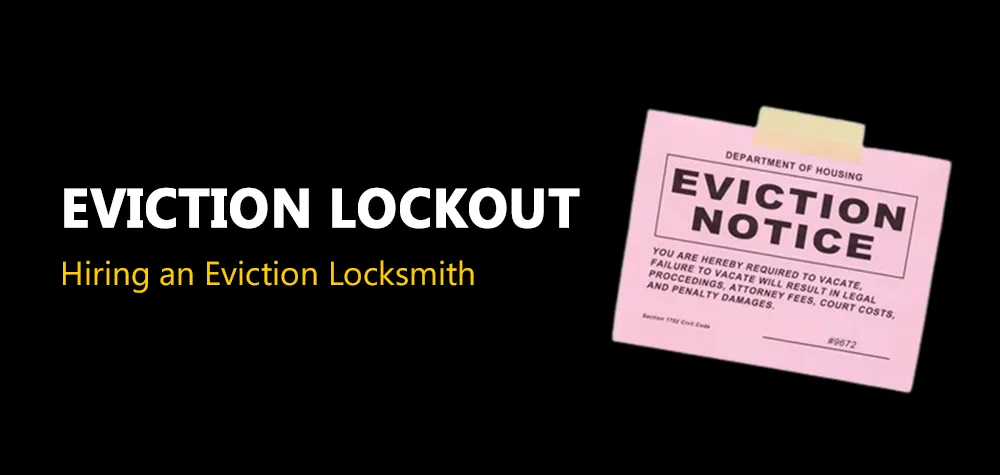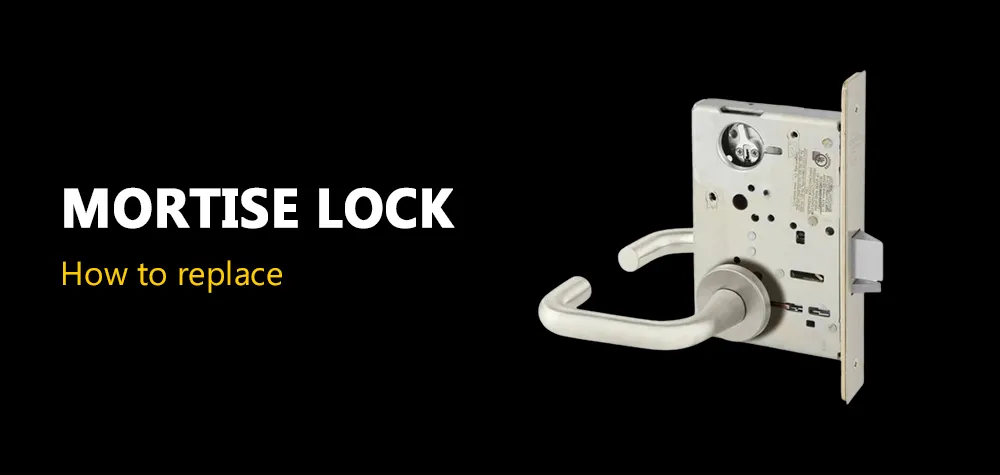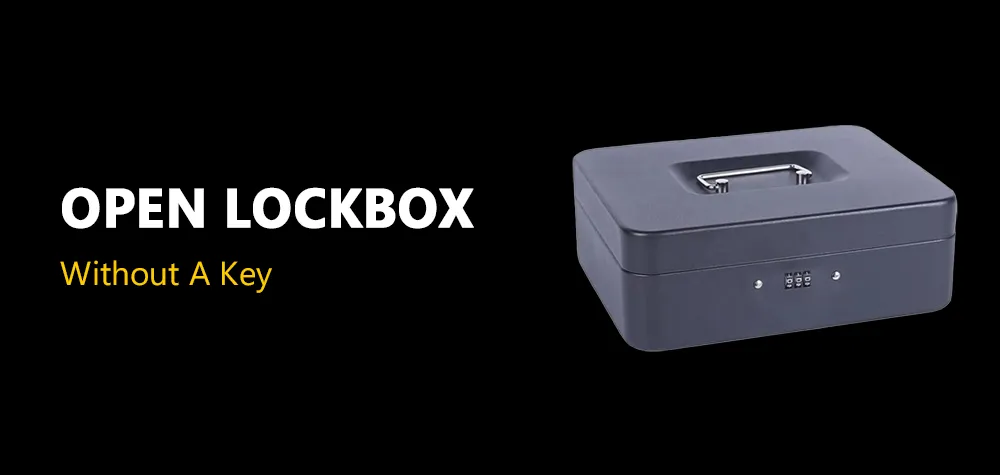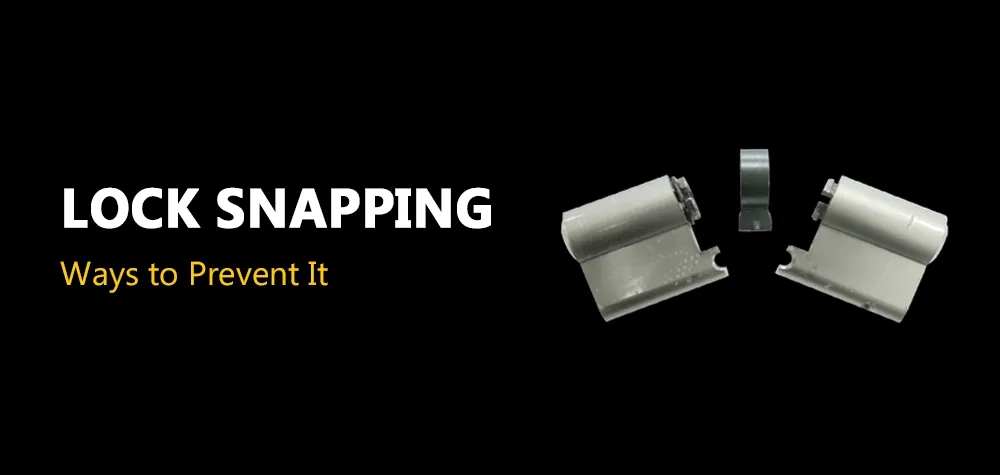17+ Tips to Keep Your Home Safe During the Christmas Holiday
Call Us Any Time!
24/7 Residential, Commercial & Automotive Locksmith Services
If like most people you’ve seen the Christmas classic movie Home Alone , you know there are people who see the holidays as opportunities to break into homes and cart away precious belongings.
If your home security is important to you and you don’t want to attract such ‘Wet Bandits’ to your home, you need to take measures to keep them out. So, preparation for a locksmith to handle your home security needs is important to have a very secure home.
Tips to Find a Trustworthy Locksmith for Home Security During the Christmas Holidays
- Even if a locksmith is something you will never have the need for, it is good to be prepared. Research and find a professional locksmith before you need one. Once you find a good locksmith, keep their number in your address book or save it to your cell phone for future use.
- Be wary of locksmiths who increase the quote once they arrive. This can be a person in a desperate person.
- If you don’t know if a locksmith can be trusted, BBB’s website can help you determine that. Contacting the BBB will help prevent you from being scammed. Additionally, ALOA.org will verify that the locksmith is certified.
- Avoid higher fees by calling a locksmith after regular business hours. The cost of locksmith charges goes up after hours. The price can be double the fees charged during normal business hours.
- Prior to letting a locksmith come into your home, get references. Next, call all of them to make sure he is the real deal. You want good work done, but you also want to trust the locksmith.
- Check with the Better Business Bureau to find out if a locksmith is truly reputable. This tells you the information you need for your peace of mind.
Tips for Hiring the Best Locksmith
- Search online for the locksmith you want to call. The Internet contains many trustworthy reviews. Do not use a site that is affiliated with any particular locksmith or locksmith group. You should also check the Better Business Bureau to determine if the locksmith you are thinking of hiring is in good standing.
- Choose a tradesperson who is an active member of their professional community. It is wise to know that you have a true professional working on the latest industry trends.
- Look for a good locksmith before you actually need one. You won’t have many choices if you put it off until you have been locked out of the car or house. You might also end up having to settle for someone less than qualified.
- There are quite a few websites online that you can find if you just look. Make sure the site you check for reviews is not run by a particular locksmith. You also go to your local BBB before you decide on a locksmith.
- The Internet can be very helpful if you need a locksmith. You can find honest reviews from people who have used certain locksmiths. This will give you a great idea of who to choose. Both types can help you to make a choice when choosing a locksmith.
Take Your Home Security Seriously
- Look for a good locksmith long before you actually need one. Waiting for an emergency situation has occurred means not having very many choices available to you. You might also get someone who is less than reputable to have the keys to all your home.
- Beware of charges that occur simply because the locksmith came to assess your situation. Most locksmiths won’t do that, so it indicates this person is not on the up and up. If you ask them to leave, and won’t go unless you pay them, call the police.
- Ask any locksmith how long they’ve been in business. If it is a long time, they are probably a good locksmith. While most new locksmiths won’t get your trust right away, you want to hire someone who has been established as reputable and trustworthy.
- If you are unhappy with the service, it is important that you let the company know right away. If you don’t, you may end up complaining outside of the time frame they permit reparations. Supposing the company does not remedy your situation, speak to a consumer protection agency in your area.
Place Emphasis on Getting the Best Service and Charge
- Never hire the first locksmith after only considering one. You should call three to five locksmiths before choosing a locksmith. This will allow you a good idea of the rates you’ll be dealing with.
- Figure out the issue when you encounter a problem. Are the keys still inside your car? This is a lot different from having your keys stolen. One situation only requires entry into the vehicle, whereas the other situation means you have to get your car re-keyed or even new locks installed. Tell your locksmith the true matter to be resolved.
Interested in learning more about residential locksmiths in Arizona? Give us a call and find out exactly why we are the best locksmiths for home security during the holidays. Call (888) 947-5585.
We can assure you, the best and most reliable locksmiths work in Brothers Locksmith. This Christmas you won’t entertain any ‘Wet Bandits’.



All Rights Reserved | BROTHERSLOCKSMITH.COM
Privacy Policy






